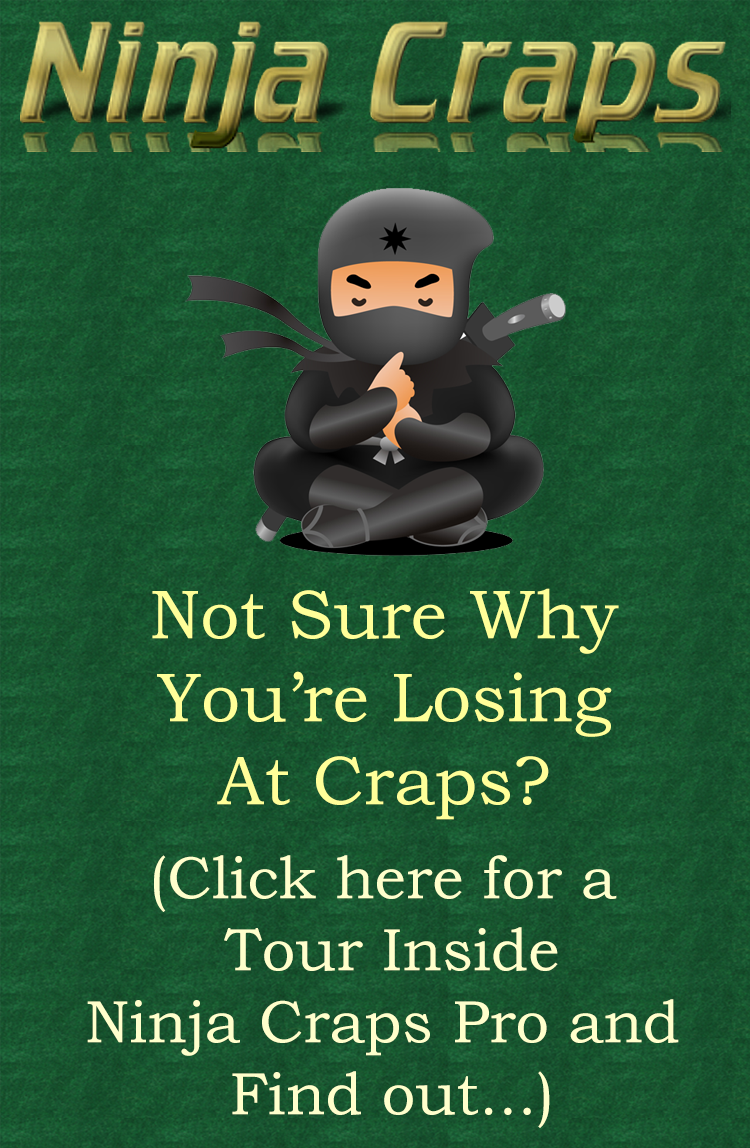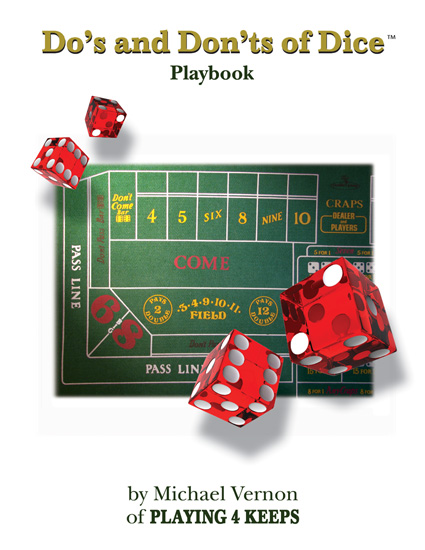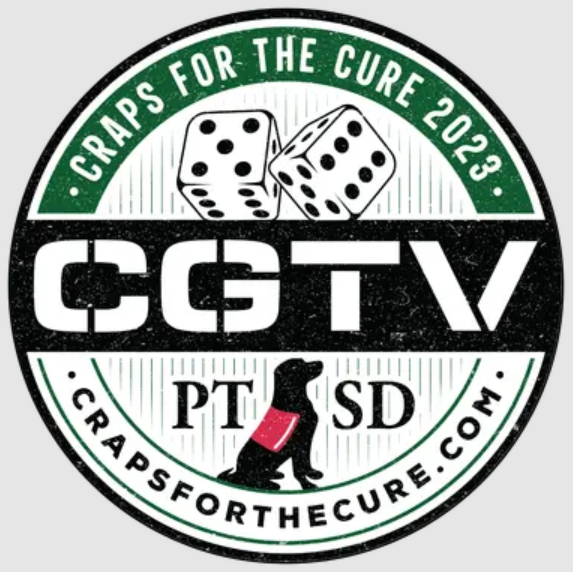Knowing When to Walk Away
"I like to win, but I hate to lose." is one of the most frequent comments I've heard from game players over the years. This is true of all gamers whether it be craps, poker, blackjack or even slot players.
My response is; "Thinking that way can cost you your ability to win."
The one aspect of the game that most players fail to explore is how much they are willing to lose on their path to winning. Risk aversion, and more specifically loss aversion, is one thing players have to consider before they enter any game.
As players we rarely think about the psychological impact losing has on our game, even if we eventually win. Gaming psychology experts concur, claiming that losing has a far greater impact on us than winning, even if the amount of our win is equal to or even greater than our loss. Players dislike a losing-experience about twice as much as they like a winning-experience.
If you have played in the casinos long enough, you know that you can quickly find yourself in a game that does not support your plan. Still in the game, you may find yourself down from your original buy-in and wishfully thinking - "If I could only get back to my original buy-in".
Chasing your losses and hoping to break even before getting out of the session can lead to blinding paralysis. Believe me when I say, the chips you win on your way to trying to break even in an apparent losing game are no more valuable than chips you could win by cutting your losses and moving to another table.
Detaching from a negative game is a difficult thing to do and most players don't know when to cut their losses. The casino "banks" on this.
Many players simply can't walk away from a losing game. They become emotionally attached when they realize how much they have sunk into a game. They can't let go.
Good players stay rational when a game travels in a different direction. They cut their losses and move on, knowing that there are plenty of tables and games yet to be played. There is always another game, another opportunity to win.
The concept of a stop-loss should be nothing new to players. However, for those new to the game, it is one of the most important aspects of the game that you will learn. A stop-loss is simply knowing the amount you are willing to lose before walking away from a game.
My stop-loss is 25% of my buy-in. Should I find myself going in a positive direction, I will consider incrementally expanding the stop-loss depending on table conditions. But this is something to consider only after a player has mastered keeping their emotions in check during a choppy game.
Focus on keeping your emotions in check. Know what your stop-loss will be before entering into the game and have the discipline to honor it.
If you stick to this, you will be further ahead than most players.
Debbie
aka- Soft Touch
2019











